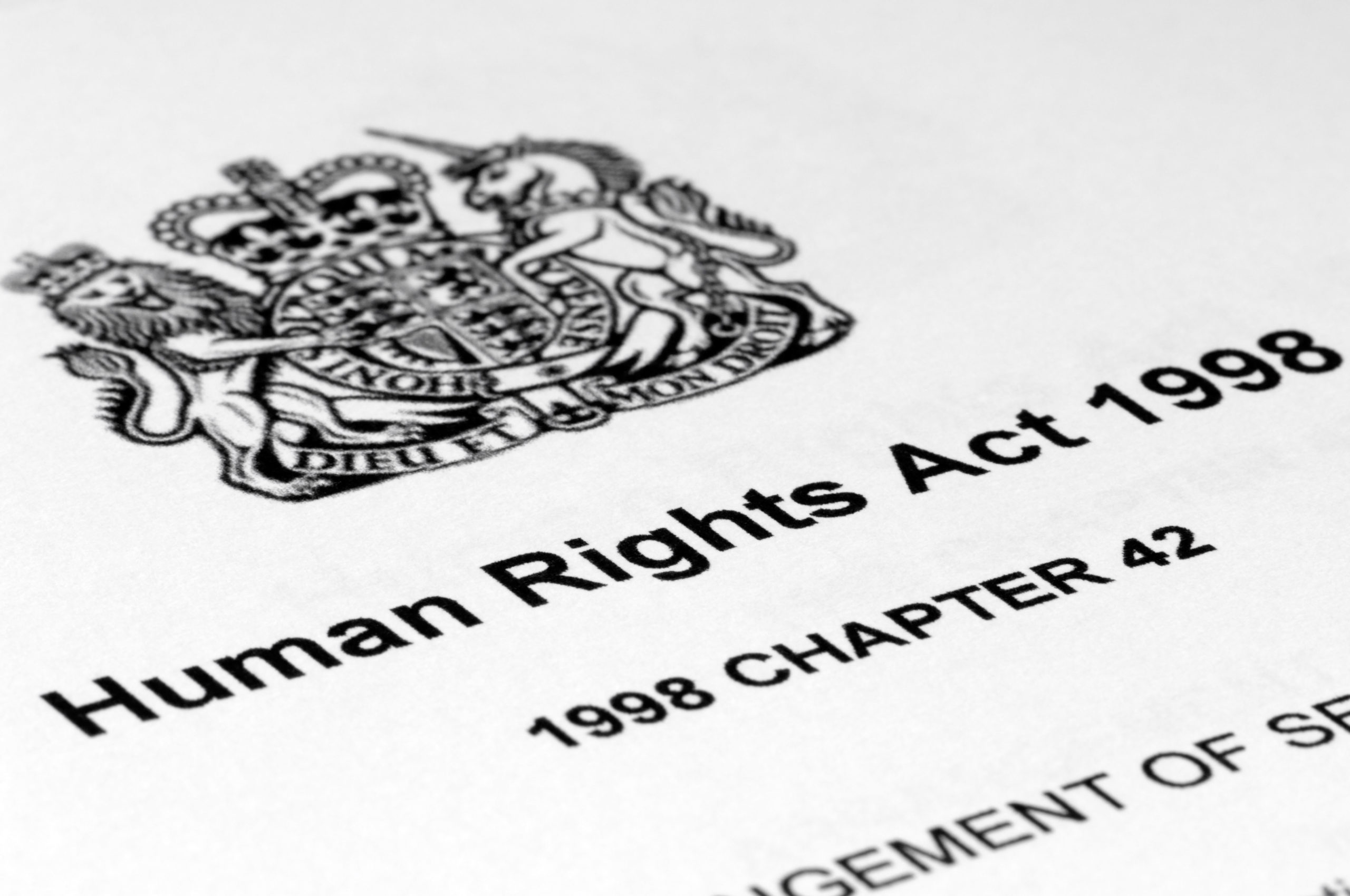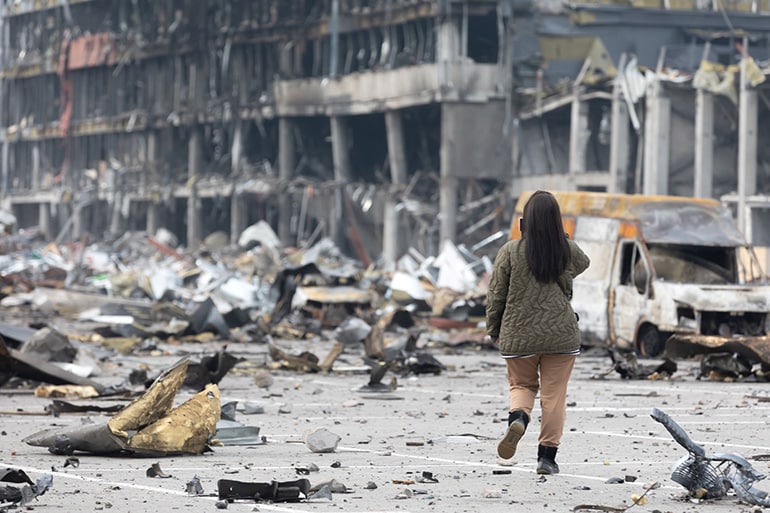September 2020
Draft legislation in the UK will restrict the rights of civilian war victims to claim compensation for the harm they have suffered, further marginalising some of the most vulnerable people in the world.
The Overseas Operations Bill, which will be debated in Parliament on September 23rd, not only creates a de facto statute of limitations for crimes committed by the UK’s armed forces overseas, including for war crimes and crimes against humanity, but it also creates an absolute statute of limitations or ‘longstop’ of six years for civil claims and claims under the Human Rights Act brought against the Ministry of Defence (MoD).
Draft legislation in the UK will restrict the rights of civilian war victims to claim compensation for the harm they have suffered, further marginalising some of the most vulnerable people in the world.
The Overseas Operations Bill, which will be debated in Parliament on September 23rd, not only creates a de facto statute of limitations for crimes committed by the UK’s armed forces overseas, including for war crimes and crimes against humanity, but it also creates an absolute statute of limitations or ‘longstop’ of six years for civil claims and claims under the Human Rights Act brought against the Ministry of Defence (MoD).
For years, successive UK Defence Secretaries have sought to introduce legislation which they claim will prevent ‘vexatious claims’ against the MoD, and limit the application of the European Convention on Human Rights to UK military operations overseas. Defence ministers have repeatedly stated that the law of armed conflict- not human rights law- is the appropriate and applicable law to military operations. Yet in the Government’s attempt to put IHL at the fore, they have introduced a Bill which would violate some of the fundamental principles of IHL.
The prohibitions of war crimes, crimes against humanity, torture, and genocide have long been considered peremptory norms of international law. The special status of these jus cogens norms means that statutes of limitations for prosecution cannot be applied to them- as confirmed in the Rome Statute, and the right to remedy for victims of these norms cannot be restricted.
In fact, there has been a growing recognition of the individual right to reparation for civilian harm over the past two decades. The USA’s Department of Defense, for example, is currently developing a comprehensive policy addressing civilian casualties resulting from US military operations. Yet despite claiming to be a global leader in the respect of human rights and humanitarian law, it appears the UK is going backwards.
The Overseas Operations Bill discriminates against civilians who have been subjected to rights violations overseas, who will be left with no avenue to claim reparation for the harm they have suffered after six years. There are many reasons why civilians in countries where the UK has recently conducted military operations- like Iraq and Afghanistan- may not be able to make a claim within six years. In Afghanistan, for example, the country remains in a state of armed conflict up to this day, with fraught peace negotiations ongoing. The plight of many civilians who have been subjected to decades of warfare, is compounded by practical issues such as language barriers and lack of awareness of the UK’s legal systems.
Legislation which would introduce a de facto statute of limitations for war crimes and restrict the right of civilians to reparation for violations of IHL, goes against the values at the core of IHL, as well as who the UK claims to be as a country. Rather than causing further harm to civilians overseas, the UK should introduce a policy on reparations for civilian harm, which would allow civilians to access their rights, and prevent the UK from violating international law.
For more information on the Overseas Operations Bill and how it violates the UK’s legal obligations, see CEASEFIRE’s briefing.
See also CEASEFIRE’s submission to the UK Parliamentary Joint Committee on Human Rights, which highlights the impact of the civil litigation longstop on the right to reparation for victims of IHL violations.























